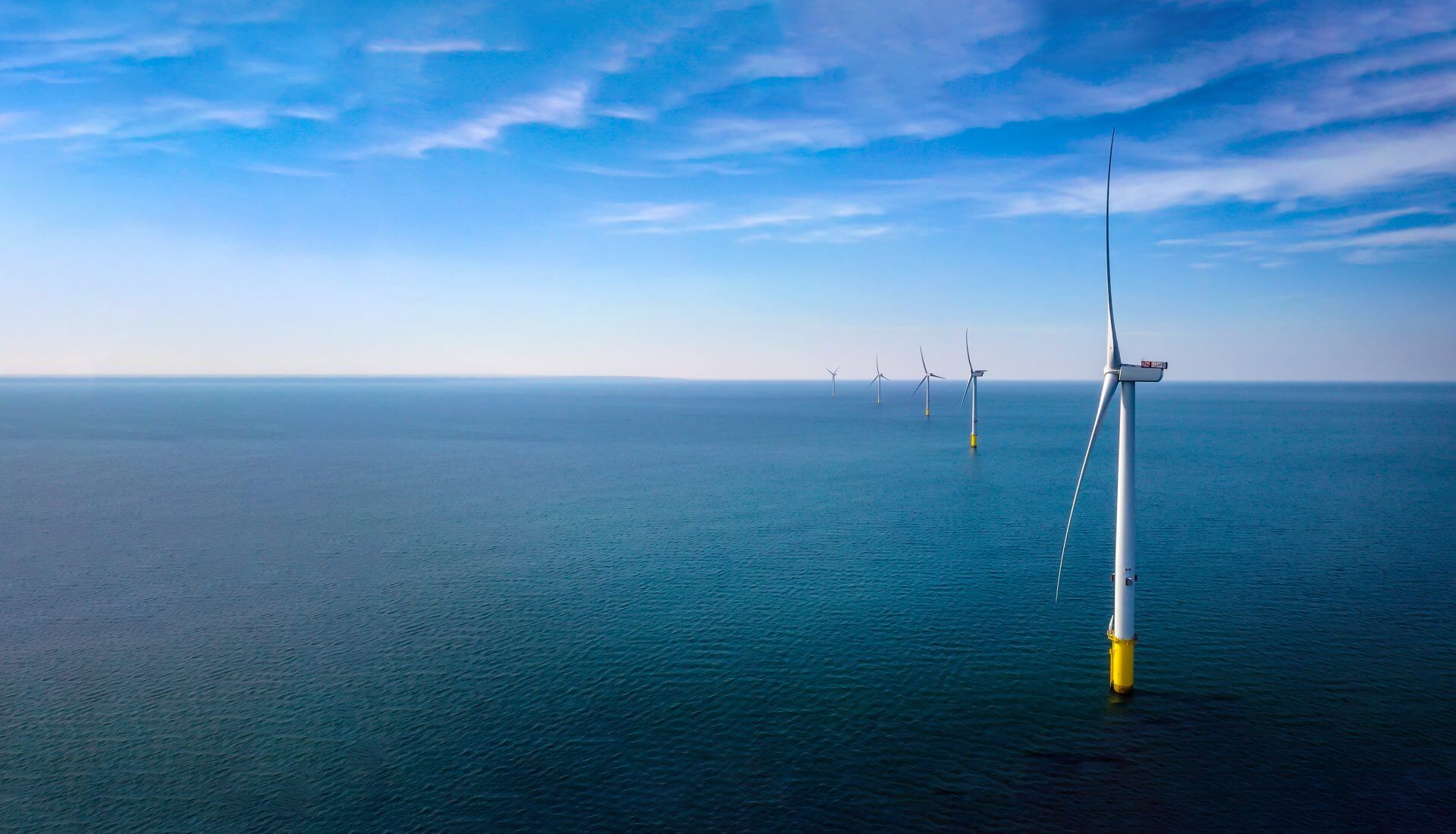Having established itself as a key gateway for the development of both onshore and offshore wind and as a base for many businesses working in the renewables sector, the Port of Blyth continues to be at the forefront of the UK’s drive for “clean energy”.
In addition to supporting businesses operating in the green sector, the Port is committed to significantly reducing its own carbon footprint from its operations over the coming decade as a result of a range of measures.
A recent survey by The Carbon Trust found that the Port’s carbon footprint was significantly better than accepted good practice. Nevertheless, the Board of Commissioners fully recognises the requirement for the Port to push forward with a decarbonisation agenda that will benefit all our stakeholders and indeed the planet.
The Port continues to fully support the UK Government’s Maritime 2050 initiative, including the goal of net zero carbon emissions from shipping and port related activities. Aligned with this, our Environmental Policy continues to focus on air quality, emissions in port, energy efficiency and renewable energy initiatives.










